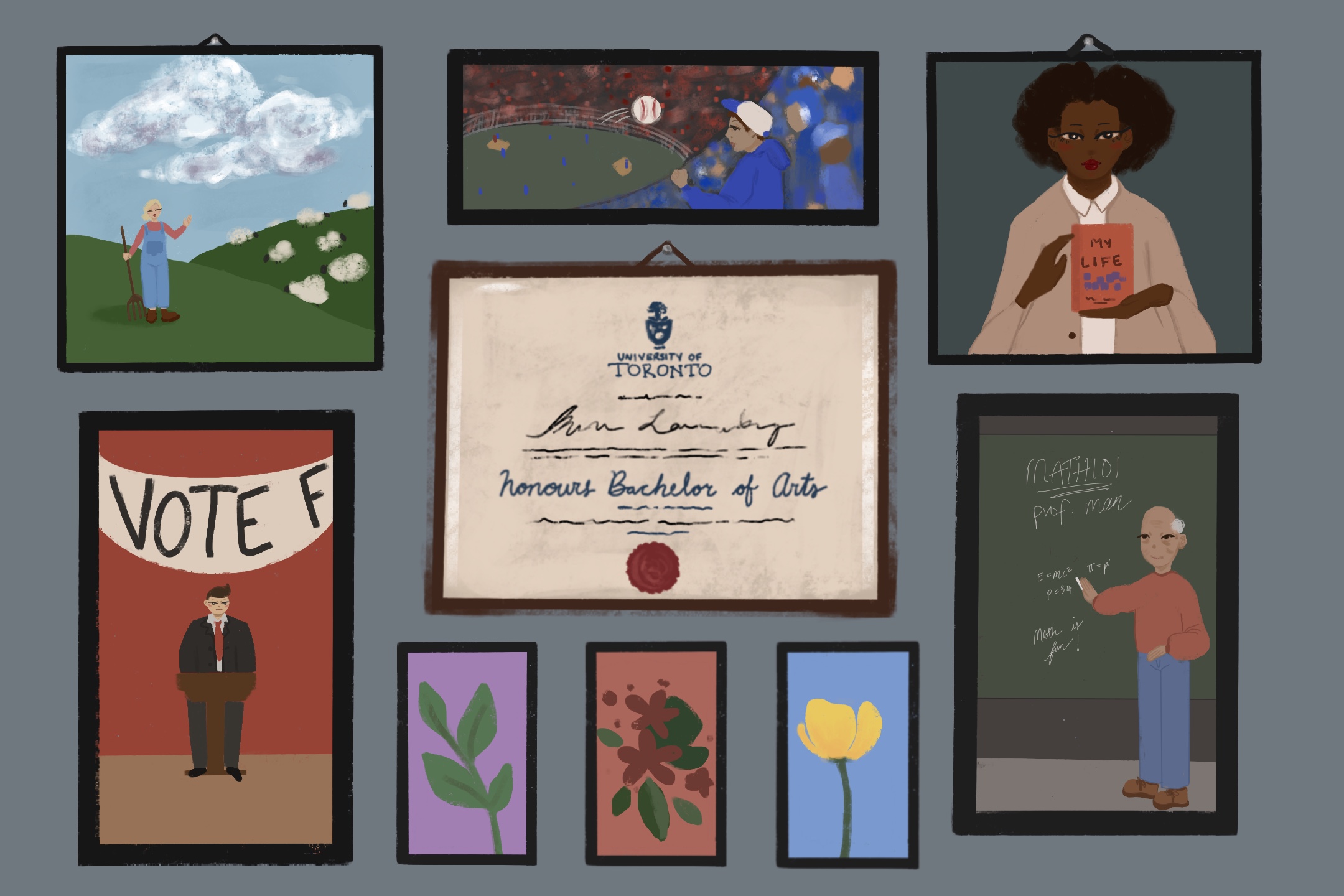As a child, whenever I was asked the question, “What do you want to be when you grow up?” I thought I would have it all figured out by the time I was an adult. Frankly, if I’m being honest, despite being in a STEM field, I’m still not sure what I want to do. Don’t tell my parents.
Stereotypes versus reality
I’ve always heard about degrees that are sometimes looked down upon for being ‘unemployable.’ These degrees usually consist of social sciences and humanities programs like English, sociology, or even political science — subjects I have always been passionate about.
At university, it is common to hear STEM students bicker about how students in social sciences and humanities have it better off, joking that having to take a certain exam would make them transfer to a so-called easier program in social sciences or humanities.
These comments always confused me: if a degree wasn’t employable, why would it exist?
I have always been curious to learn about the careers of people and professionals in the departments that I was passionate about. One day, tired of looking for jobs, I ended up on LinkedIn where I found many people doing amazing work in these so-called ‘unemployable’ fields. Their pages made it evident that the best way to find work and become successful, regardless of your degree, is to network, gain experience, and be persistent.
A career in the arts
In an email to The Varsity, Professor Daniel Tysdal, a professor in the Department of English at U of T, wrote about how stereotypes in the humanities affected him and his take on what an employable degree means.
When asked about the stereotypes that surround English degrees, Tysdal explained, “When I lived in dorms as an undergrad, I exchanged some playful ribbing with my STEM roommates, but it was all harmless and fun. Now that you ask this question, though, I do wonder if I did face doubters and negativity, but I was just so addicted to the arts that I didn’t even notice.”
Tysdal also described his own take on what these stereotypes mean to him and explained that he felt that jabs towards arts students come from a place of insecurity.
“The work we do in the Humanities and creative arts really scares a lot of people. It’s the kind of work — though necessary — that many people run from: intense introspection and self-questioning, a commitment to improving not just writing and speaking but listening skills, nurturing an openness to and understanding of multiple perspectives, and so on,” wrote Tysdal.
Pursuing passion
Tysdal wrote about his passion toward his field of study. He said he considers reading and writing to be critical components for recovering from a mental health crisis, which made an English degree ideal for him. He was drawn to arts because of the community and the nature of the work — not by money and material possessions.
When asked about what he feels is rewarding about his field, Tysdal stressed the importance of following one’s passion. “The practice is the prize. We live one precious life, and we live this life best when we follow our calling,” he wrote.
To those questioning the worth of their degree: the things others say are temporary, but fulfillment in your career is long-lasting and worthwhile. Life is too short to not engage with the things we’re passionate about.


